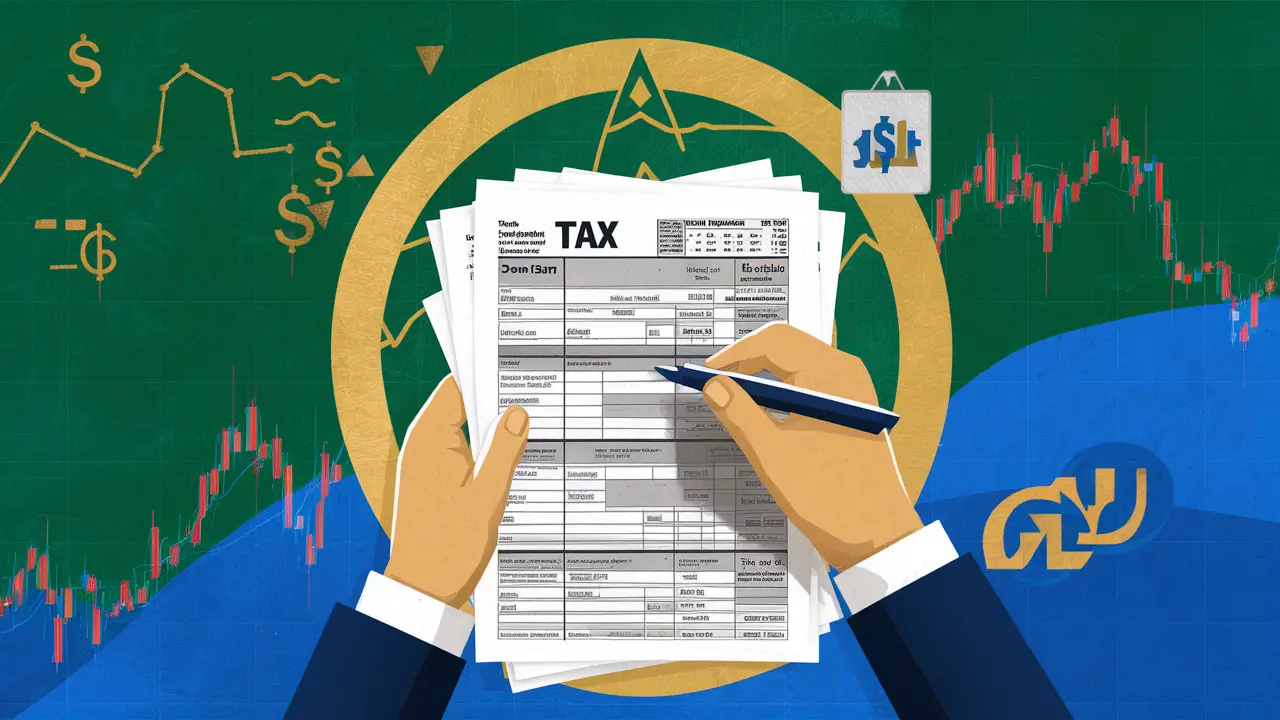Impact of Inflation on Stock Market Investments
Inflation, the rate at which the general level of prices for goods and services rises, can influence stock market performance:
- Purchasing Power Erosion: Inflation reduces the purchasing power of money over time, affecting consumer spending and corporate earnings.
- Interest Rates: Central banks may raise interest rates to combat inflation, influencing borrowing costs, corporate profitability, and stock valuations.
- Asset Allocation: Investors may adjust their portfolios to include inflation-resistant assets like commodities, real estate, and inflation-indexed securities.
Navigating Inflationary Environments
Stocks historically have served as a hedge against inflation over the long term by providing potential capital appreciation and dividend income. Investors should consider allocating investments across different asset classes to mitigate inflation risk and preserve purchasing power.
Conclusion
Understanding the impact of inflation on stock market investments is crucial for building resilient portfolios. By incorporating inflation considerations into investment strategies, investors can better navigate economic cycles and achieve sustainable long-term growth.
.png)




.jpg)

.png)

 English (US) ·
English (US) ·